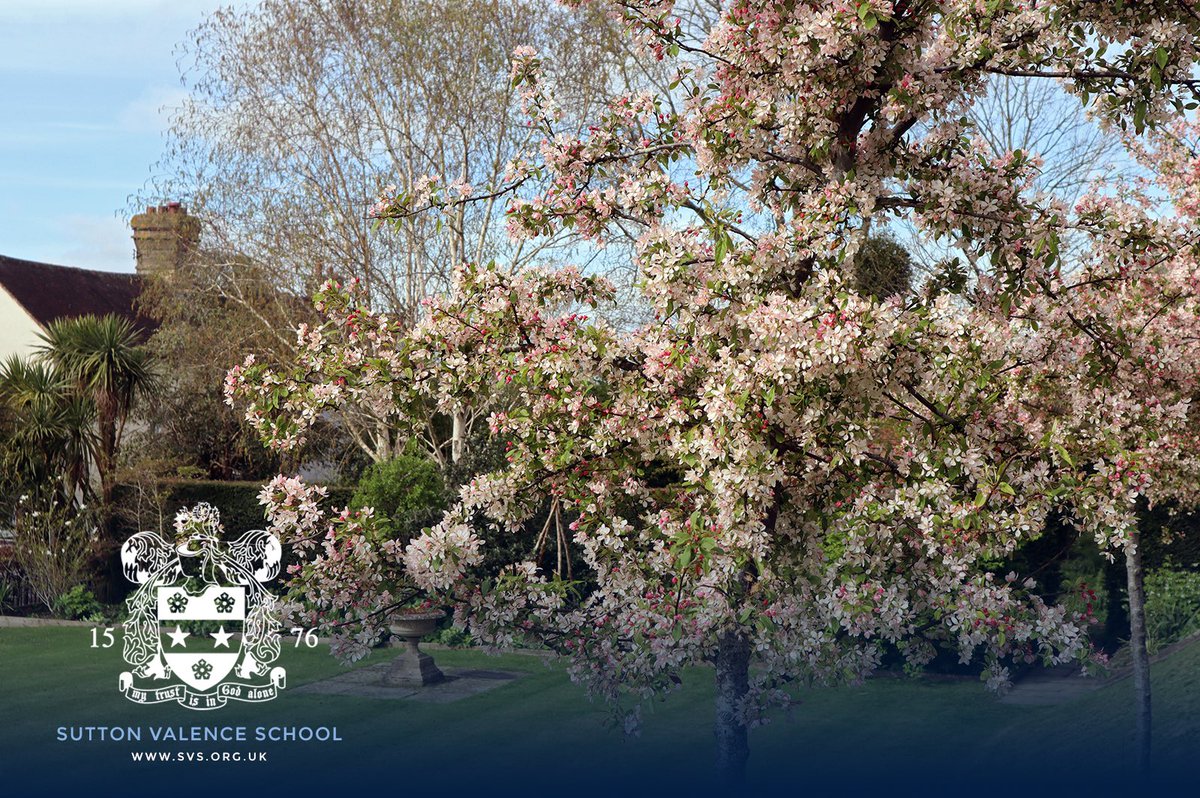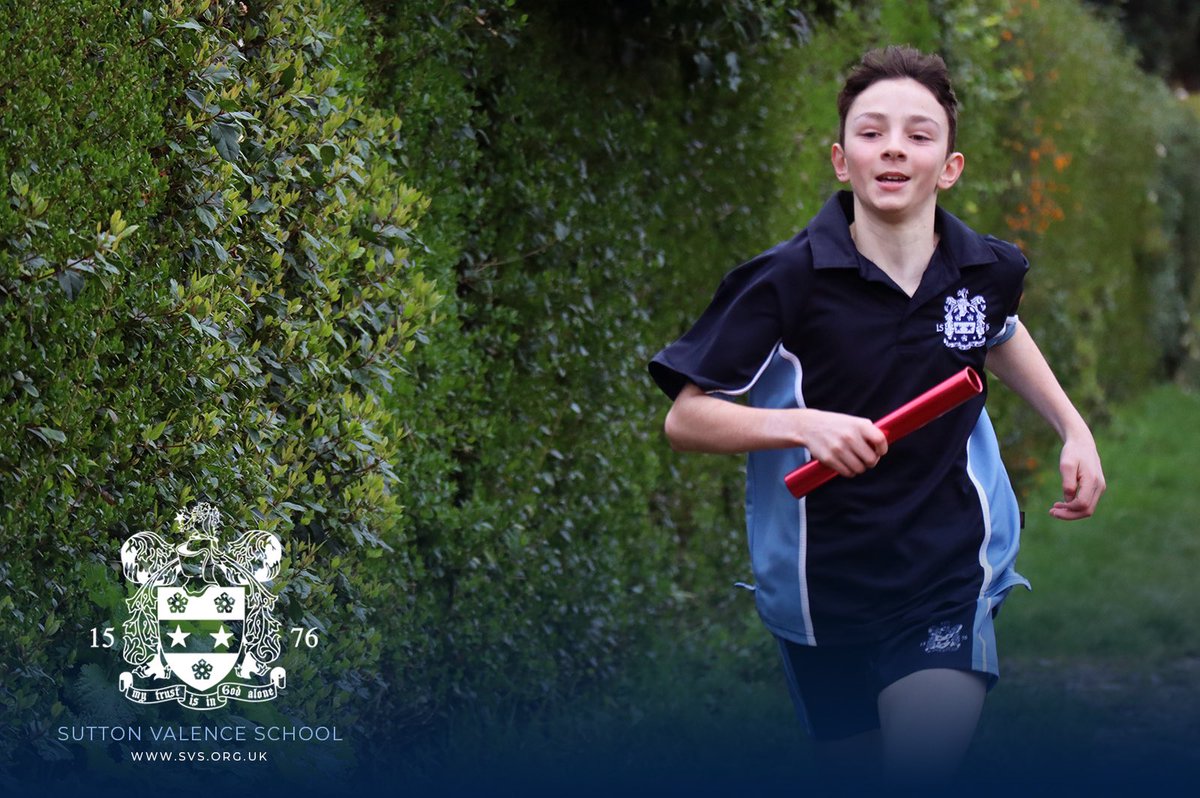This September, our language of the month is Ukrainian. Below, Karolina Dubyk (Fifth Form) and Khrystyna Nyzyk (Lower Sixth) talk about their country, Ukraine, important holidays and traditions and the Ukrainian Language:
First of all, here are some facts about Ukraine:
- The Ukrainian flag has two colours – blue and yellow. The blue represents the sky and the yellow represents the wheat.
- The largest desert in Europe is the Oleshky Sands in Ukraine.
- The folk song Shchedryk, recorded by the Ukrainian composer Mykola Leontovych, is known throughout the world as Carol of the Bells or Ring Christmas Bells.
- Arsenalna underground station in Kyiv is the deepest in the world; and it goes 105 metres underground.
- Ukraine was home to the largest plane in the world, “Mriya” or “dream” (ANTONOV AN-225). Sadly, it has now been destroyed.
Ukraine has three important traditions and holidays. The first one is Christmas. During the Christmas holidays in Ukraine, carols are sung, children perform Christmas songs, going from house-to-house and wishing the owners peace and prosperity. At the same time, they sow wheat or barley, which bring prosperity and happiness to the house. For this, the owners thank the children, giving them sweets and coins, which bring good luck throughout the year.
On Christmas Eve, people strictly follow the tradition of serving 12 fasting dishes – the same as the number of apostles. Traditionally, it includes kutyu, uzvar, freshly baked bread and dumplings. A special place in the house is given to Didukh, it is made from stalks of various cereals: wheat, oats, rye and decorated with soft fragrant hay. They sing Christmas carols at the table, remembering all the good things that happened during the last year and wishing each other health and happiness.
The second one is Easter. The main Orthodox holiday. On the eve of Easter, everyone goes to church. People bring various dishes in a basket for consecration to the church and when they return home, it is time to break the fast to enjoy the delicacies. Although there may be culinary variety on the table, it is customary to start the holiday with Easter bread. On this day, every Orthodox Christian greets others with the words: “Christ is risen!” And receives confirmation in response: “He is truly risen!”
And the last one is Ivana Kupala. The ancient Slavic holiday of Ivan Kupala is organized in honour of the sun and marks the day of the summer solstice. The holiday is filled with rituals related to water, fire and herbs. On this day, brave people jump over fire and, at midnight, people look for a fern flower to get a glimpse into the future and find untold riches. Girls make wreaths from wildflowers. They are released into the water and observed: if the wreath floats, the girl will get married this year, if it sinks, she will not.
The most common words in the Ukrainian language are:
Добрий день /dobryj den’/ = hello or good afternoon (it’s a formal greeting)
Привіт /pryv’it/ = hi (we use it with friends or close people)
Дякую /d’akuju/ = thank you
Будь ласка /bud’ laska/ = You’re welcome or Please
Як справи? /Jak spravy/ = How are you?
Дуже добре /Duzhe dobre/ = Very good
Так /tak/ = Yes (we also say «та» /ta/)
Ні /ni/ =No ( we also say «нє» /nye/)
Па-па /pa-pa/ = Bye! (with friends or close people)
До побачення /do pobachen’:a/ = Good bye! (formal way)





